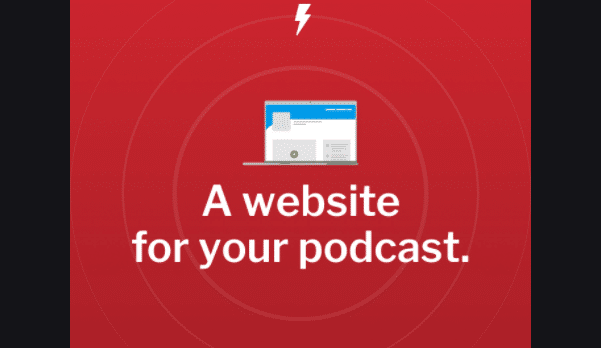How To Rank Your Website On Bing 2021
In March 2019, Bing served over 126 million unique American users across an impressive six billion searches – representing more than a third of the entire US desktop search market. Why haven’t you heard of this before? Because Bing’s quiet growth has been boosted, to a large extent, by 1.5 billion Windows devices searching Bing by default.
As the founder of two full-service digital marketing agencies, I know what it takes to rank a website – and not just Google either. For nearly a decade, I’ve helped countless customers land sites on the First Search Engine Results Page (SERP) for both Google and Bing for high volume competitive keywords. In this article, I’ll show you how.
The differences between Bing and Google Search
Before diving into the Bing ranking strategy, let’s first analyze the relevant details between the two platforms.
Many CEOs refer, perhaps insultingly, to Bing as the stubborn brother of Google who has not developed sufficiently since the 2000s. In a way, it’s true. In my experience, Bing will likely offer preferential treatment for content that includes legacy SEO techniques, such as keyword stuffing in a page’s metadata. However, this is something Bing denies.
Through this logic, it follows that Bing places less emphasis on backlinking (off-page SEO), and more focused on keyword usage (on-page SEO) than Google Search.
However, there is a key point to keep in mind: Bing will not index a webpage that is not a home page unless it has at least one external domain associated with it. While Google strives to index every property on the web, Bing requires that secondary web pages contain at least one backlink from an authority site. Ideally, the link text from the authority site will be a direct match.
There is some evidence that Bing prefers small, local businesses in search results. Bing’s webmaster guidelines also indicate that social mentions (i.e. posts from social media profiles) are weighted highly in their ranking algorithm.
How to improve your Bing SEO strategy
Below, I’ve described the basic ground rules for optimizing on-page and off-page SEO to better influence your Bing ranking without losing your standing with Google.
If you optimize a business’ web presence for Bing, claim your business on the Bing platform, just as you would with Google My Business. To do this, visit Bing Places for Business, and create a list for your company. This step will help greatly improve the ranking performance of local search engines.
First steps
Then, index your site on Bing using the Search Engine Webmaster Tools function after logging into your company account. For this, you will have to verify website ownership with the XML backend sitemap. Microsoft has a handy guide to guide you through this process.
Finally, make sure your website is tagged. This way, Bing will have a better understanding of the right audience for your content. Every page of your site should contain relevant tags. To see how to add tags in WordPress, check out this helpful guide.
On the SEO page for Bing
When it comes to textual elements on your website, there are many ranking factors to consider. Below, I have listed the most important items in order of priority:
• Exact keyword match: Bing prioritizes content that has verbatim matches for keywords in the content and title of the web page (for example, “Where to Buy Lumber in Denver, Colorado” to match the long keyword “Where to buy lumber in Denver”) .
Quality and Presentation: All content must be trustworthy, sociable, value-added, and easy to read and check.
Improved meta descriptions: Include exact keyword matching in meta description with 160 characters or less.
• Keywords in a URL: A permalink to a URL should not be a collection of random characters. Instead, make sure it also includes keyword matching.
Off-page SEO for Bing
There is little research on the importance of backlinks in Bing’s search algorithm.
However, a 2013 study by Search Metrics found that 53% of backlinks to the top 30 Bing results contain direct matches for keywords in the link text – on the other hand, Google scores only have a direct match of 43%. Therefore, the best place to start with off-page SEO for Bing is to contact the webmasters behind your backlinks and politely ask them to change the anchor text to the direct keyword you’re trying to rank.
In addition, Bing prioritizes content that has a backlink network that includes older domains (website age is the domain authority factor for Bing), including links from .gov, .edu, and .org domains, and links from social media sites. Social platforms and educational areas are among the two most important off-page ranking factors that separate Bing and Google.
Conclusion
Ultimately, Bing’s ranking algorithm is no different from Google’s. However, some of the key differences include prioritizing social mentions backlinks, exact keyword matching, and URL and keyword matches. If you can optimize your website for these factors, then you have a much better chance of landing the coveted first SERP position on Microsoft’s fast-rising Bing platform.



